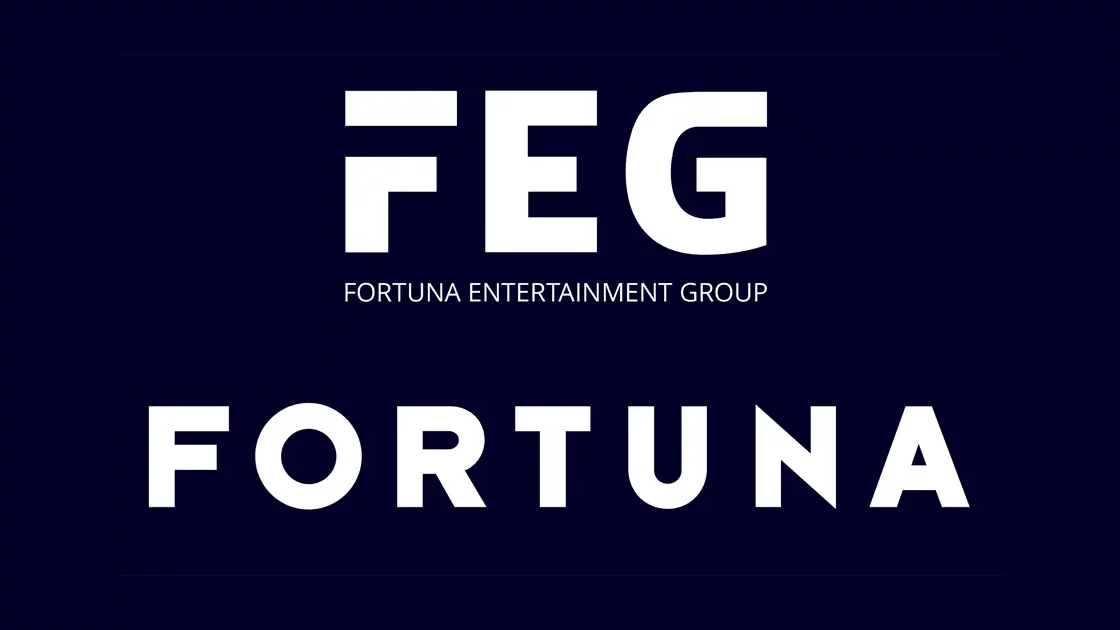FEG’s Future in Question: Who Will Acquire the CEE Betting Giant?
In March of this year, news surfaced that Penta Investments had begun exploring the possibility of selling its betting and gaming subsidiary, Fortuna Entertainment Group (FEG), to another party. Nearly six months have passed—do we know more now? Who might be interested in acquiring FEG, and in what form could such a deal take place?

FEG for Sale?
In March 2024, Penta Investments, with the assistance of financial giant JPMorgan, began evaluating various strategic options for the businesses operated under the Fortuna Entertainment Group (FEG) umbrella in Central and Eastern Europe. This was later confirmed by a Penta spokesperson in a conversation with Reuters.
“This step highlights Penta’s dedication to thoroughly exploring different paths for the franchise’s future, aiming for sustainable growth and long-term value creation,” said the spokesperson.
As a reminder, Fortuna Entertainment Group currently operates in five Central and Eastern European countries, including the Czech Republic, Slovakia, Poland, and Romania, under its own Fortuna brand.
Additionally, in Romania, the group owns the Casa Pariurilor brand, acquired in 2017 through the purchase of Hattrick Sports Group. In Croatia, FEG also acquired the Prva Sportska Kladionica (PSK) brand as part of the same transaction.

The total value of operations across all these markets is estimated to exceed 2 billion euros, making FEG’s reach and market share in the region potentially valuable to many enterprises.
Potential Buyers for FEG
When considering the acquisition of FEG, whether in its entirety or partially through the breakup of individual brands, one must look at companies that can afford such a transaction and for whom it would align with their strategic interests.
Although Entain, which has expanded its CEE division in recent years through acquisitions in Croatia and Poland, might seem like a strong candidate, current circumstances make this unlikely. The group’s recent CEO change, pressure from activist investors, and criticism of its aggressive acquisition strategy create a picture of a company that is unlikely to engage in major transactions soon.
More realistic candidates appear to be companies that would like to challenge Entain in the CEE region. Flutter Entertainment is one such candidate, having primarily built its position in Western Europe and beyond the continent.

With Flutter’s strong presence in the United States and the United Kingdom—markets where Entain has struggled to keep up with Flutter’s pace—it is possible that, in line with its strategy of launching in emerging markets, the company might decide to strengthen its presence in Eastern Europe.
Flutter is set to release its Q2 financial report early next week, and it is possible that we might receive some hints regarding the group’s future strategy at that time. Nevertheless, even without detailed financial information, we know that Flutter’s capabilities are substantial.
Another serious contender could be Evoke, the owner of the William Hill brand (formerly 888). Like Flutter, Evoke is active in the Western European markets, but its presence in Central and Eastern Europe still leaves much to be desired.
The group faced a challenging entry into the unforgiving United States market, and it is possible that it might look for investment opportunities elsewhere. This is especially likely considering that since October last year, the company has been led by Per Widerström, the former long-time Chairman of the Management Board & Group CEO at Fortuna Entertainment Group.

Given that Widerström is well-acquainted with both the characteristics of the region and the internal dynamics of the group, where he served as CEO until 2022, Evoke should also be considered a potential candidate for acquiring FEG.
Potential Scenarios and Market Implications
The pool of potential buyers for FEG is relatively narrow, as only companies that can afford such a move and for whom it makes strategic sense should be considered.
Penta Investments’ financial expectations are likely to be substantial, and it is possible that we could see a transaction that does not include FEG in its current form. The brands acquired by the group in 2017 may be the first to be considered for exclusion from the deal, but ultimately, much will depend on the goals and interests of the future buyer.
Fortuna itself is beginning to prepare for the upcoming sale by reducing marketing expenses and cutting funds allocated to affiliations. It seems that the issue of a potential sale should be resolved by the first quarter of 2025. If this effort does not succeed, the outlook for FEG in the coming year may significantly worsen, which could also impact the terms of the group’s sale in the future.
